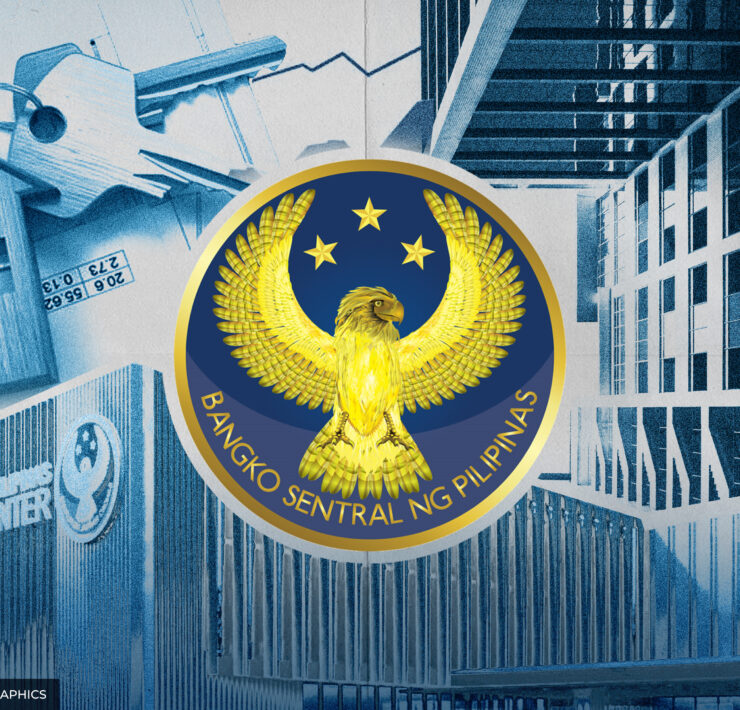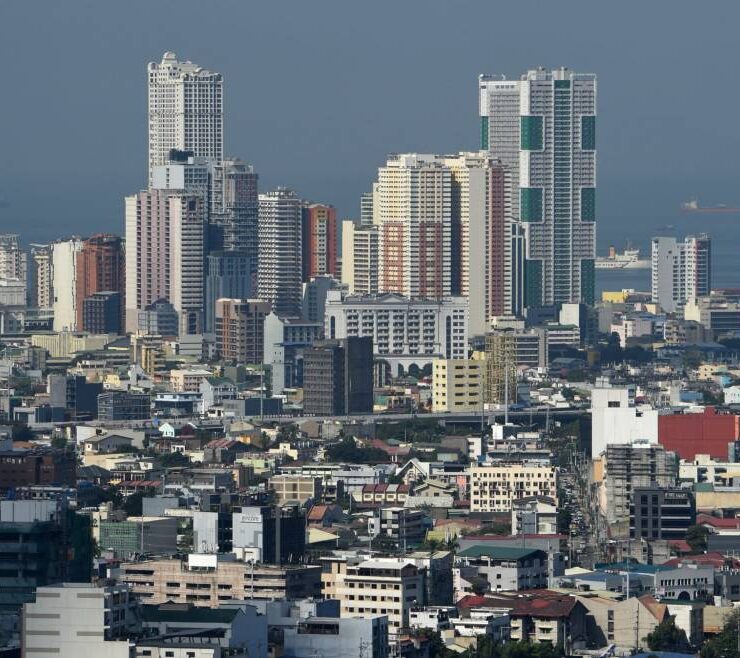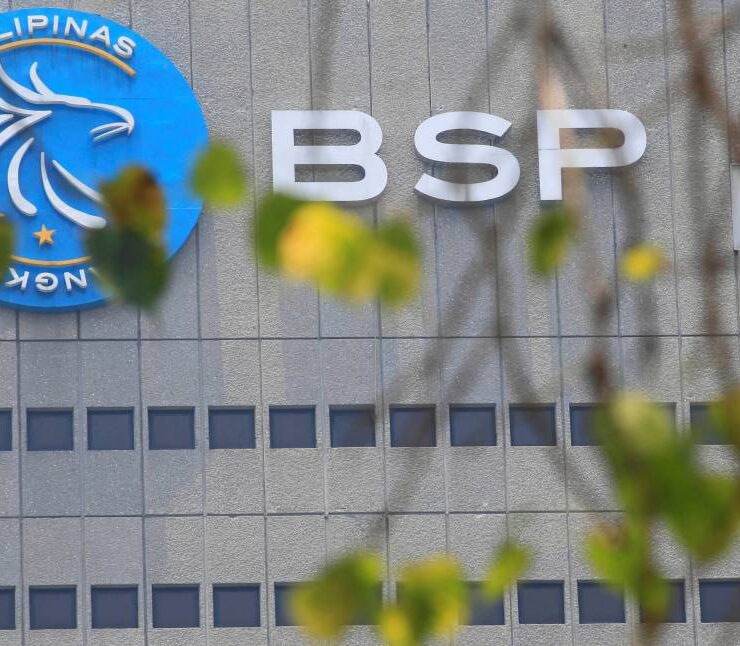Gov’t budget deficit swells to 6-month peak

A drop in revenues widened the government’s budget deficit to its largest in six months in September, though the Marcos administration still appears unlikely to breach its full-year cap as a deepening corruption probe dampens spending.
The fiscal shortfall narrowed by 9.22 percent from a year earlier to P248.1 billion, according to the latest data from the Bureau of the Treasury. Even so, it was the widest monthly budget hole since March 2025, when the deficit stood at P342.9 billion.
The persistent shortfall underscored that the government continued to spend beyond its means, bringing the nine-month deficit to P1.1 trillion—15.2 percent higher than in the same period last year. But the January-September still settled below the P1.26-trillion limit set by the government for the period.
Looking ahead, the Treasury said the deficit was expected to stay within the P1.56-trillion full-year target—equivalent to 5.5 percent of gross domestic product (GDP)—reiterating the government’s commitment to “fiscal discipline while maintaining strong support for economic growth and priority development programs.”
Broken down, revenues contracted by nearly 6 percent in September to P281.7 billion, the lowest since P279.3 billion in March. This brought the year-to-date collection to P3.4 trillion, representing a 2.24 percent growth.
By major collecting agency, the Bureau of Internal Revenue posted a 4.7-percent increase in September receipts to P183 billion, lifting its nine-month total by 11 percent to P2.3 trillion. The Treasury attributed the growth to higher collections from corporate and personal income taxes, the value-added tax, excise taxes on tobacco and the percentage tax on banks and financial institutions.
Expenditures down 7.5%
The Bureau of Customs, meanwhile, recorded a 5.3-percent rise in revenues to P80.3 billion in September, bringing its total collections for the first nine months to P701.7 billion, up nearly 2 percent from a year earlier.
On the spending side, expenditures contracted by 7.5 percent to P529.8 billion in September, as the Department of Public Works and Highways tightened scrutiny of payments to contractors amid a widening graft probe into flood control projects.
Since the start of the year, total government spending has reached P4.48 trillion, up 5.2 percent year on year.
In a commentary, BMI, a unit of the Fitch Group, said the deficit-to-GDP ratio would likely match the government’s 5.5 percent target this year, citing a spending slowdown tied to the corruption scandal.
Fiscal consolidation, however, is expected to remain slow in 2026, with BMI projecting only a slight narrowing of the deficit to 5.4 percent of GDP.
“The Philippines’ public finances remain fragile, with the debt-to-GDP ratio rising to around 60 percent from the prepandemic level of 40 percent. This places the country among the regional laggards in fiscal recovery,” the firm said.
“Elevated borrowing costs and a narrow revenue base further limit Manila’s ability to deliver large-scale fiscal support without compromising debt sustainability,” it added.





















